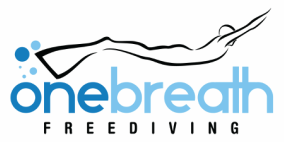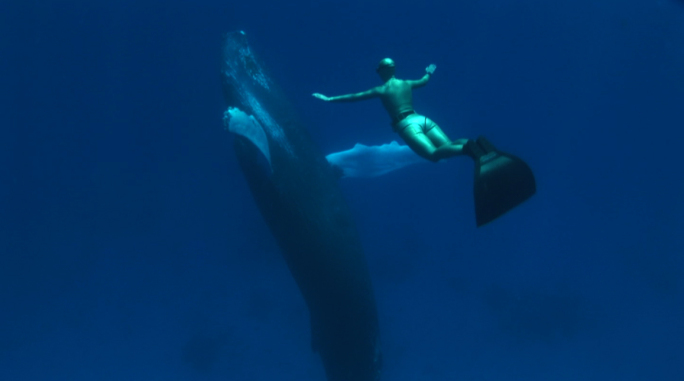The Mammalian Diving Response (MDR)
How the Human Body Responds to Submersion in Water: A Summery
One of the questions I get asked most frequently as a freediving instructor is about HOW we can hold our breath longer. What is the 'trick', the 'secret' that can make it easier for us to be underwater deeper or longer. What many people don't realise is the the human body already holds most of the answers!
Here is an overview of the four main diving responses of the human body, collectively known as 'Mammalian Diving Response' (MDR):
Peripheral Vasoconstriction
Trigger: Breath-holding, facial immersion in water, increased pressure
Response: Blood vessels in the extremities of the body (arms, legs) constrict to keep blood prioritised for the vital organs of the body
FACT: A disadvantage of reduced blood flow is increased carbon dioxide and lactic acid build up, but tolerance to these can be increased through training
Bradycardia
Trigger: Facial Immersion in (cold) water, breath-holding
Response: Heart rate slows down by 10-25% in untrained, or up to 50% in trained freedivers, thus conserving blood Oxygen
FACT: In diving seals, heart rate has been measured going from 125bpm to below 10bpm during a dive!
Spleen Effect
Trigger: Breath holding and increased pressure on repetitive deep dives
Response: The spleen contracts and releases more red blood cells which aid oxygen transportation in the blood
FACT: The spleen is not an essential organ, but holds a reserve of blood and is important as part of the bodies immune system
Blood Shift
Trigger: Increased pressure on deeper dives
Response: Blood plasma swells the alveoli of the lungs filling the chest cavity area to prevent barotrauma injury from increased pressure at depth
FACT: Only as recently as the 1970's did scientists begin to understand this phenomenon once divers such as Enzo Maiorca returned from 50m+ dives, injury free!
Sign up for AIDA3 (Intermediate) Course at One Breath Freediving to learn more about the Mammalian Diving Response and to reach new depths underwater.
Here is an overview of the four main diving responses of the human body, collectively known as 'Mammalian Diving Response' (MDR):
Peripheral Vasoconstriction
Trigger: Breath-holding, facial immersion in water, increased pressure
Response: Blood vessels in the extremities of the body (arms, legs) constrict to keep blood prioritised for the vital organs of the body
FACT: A disadvantage of reduced blood flow is increased carbon dioxide and lactic acid build up, but tolerance to these can be increased through training
Bradycardia
Trigger: Facial Immersion in (cold) water, breath-holding
Response: Heart rate slows down by 10-25% in untrained, or up to 50% in trained freedivers, thus conserving blood Oxygen
FACT: In diving seals, heart rate has been measured going from 125bpm to below 10bpm during a dive!
Spleen Effect
Trigger: Breath holding and increased pressure on repetitive deep dives
Response: The spleen contracts and releases more red blood cells which aid oxygen transportation in the blood
FACT: The spleen is not an essential organ, but holds a reserve of blood and is important as part of the bodies immune system
Blood Shift
Trigger: Increased pressure on deeper dives
Response: Blood plasma swells the alveoli of the lungs filling the chest cavity area to prevent barotrauma injury from increased pressure at depth
FACT: Only as recently as the 1970's did scientists begin to understand this phenomenon once divers such as Enzo Maiorca returned from 50m+ dives, injury free!
Sign up for AIDA3 (Intermediate) Course at One Breath Freediving to learn more about the Mammalian Diving Response and to reach new depths underwater.

